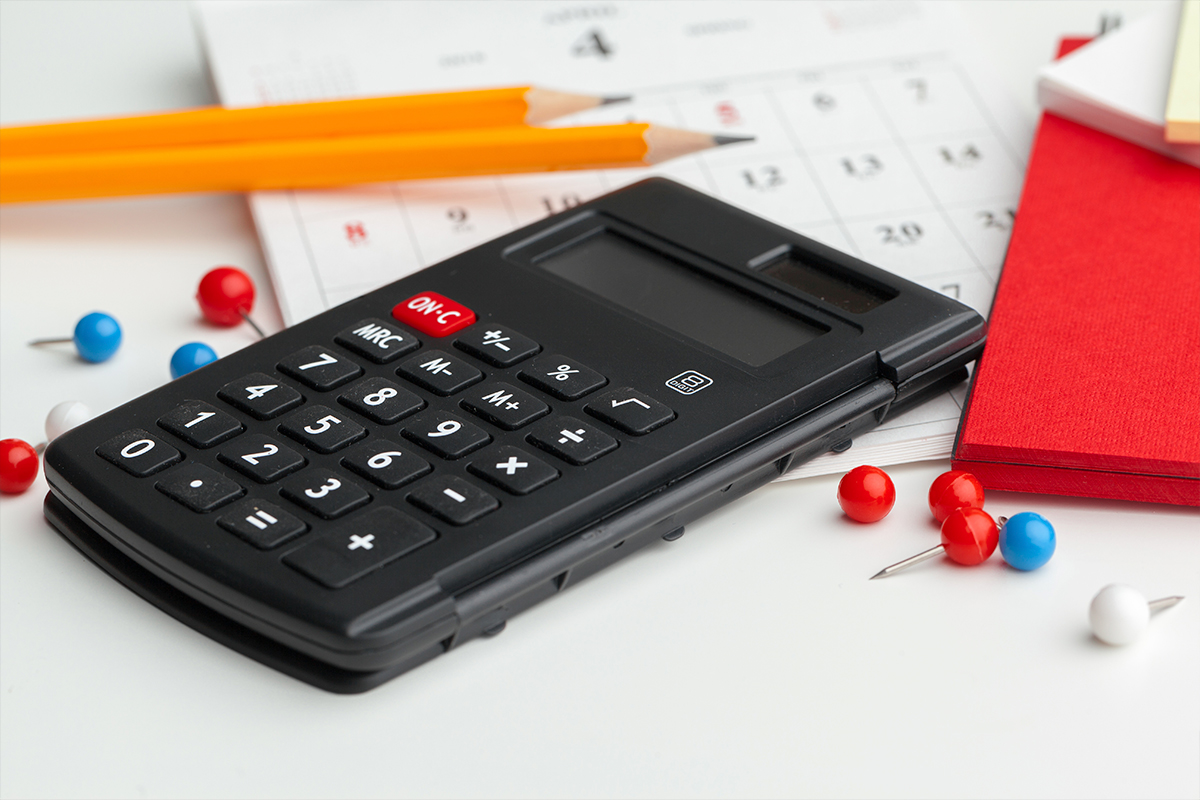Tips to avoid impulse purchases
Avoiding impulse purchases is essential to maintaining a balanced budget and achieving your financial goals. Impulse purchases, those that you make without thinking twice, may seem harmless at the time, but over time they can seriously affect your financial situation. This behavior can lead to a cycle of unnecessary spending, accumulating debt, and feelings of regret. Below are some practical tips to avoid impulse purchases and make more conscious financial decisions.
The first step to avoiding impulse purchases is to understand what triggers them. Often, these purchases are driven by emotions such as stress, sadness, or even boredom. Recognizing these emotional patterns is key to controlling impulse buying. Instead of giving in to temptation, find healthy alternatives to manage these emotions, such as going for a walk, meditating, or talking to a friend. By identifying the times when you are most susceptible to impulse buying, you can anticipate and take steps to prevent it.
Another helpful tip to avoid impulse purchases is to set a budget and stick to it. Before you go shopping, whether online or in person, set a clear and specific spending limit. Not only will this help you control how much you spend, but it will also make you more aware of your spending habits. If you find something you like but it’s not in your budget, give yourself some time to reflect on whether you really need it. Many times, by waiting a day or two, you’ll realize that it wasn’t as important as it seemed at the time.
An effective strategy to avoid impulse purchases is to create a shopping list before you go shopping. Whether you’re buying groceries, clothes, or household items, having a list helps you stay focused on what you really need. When you stick to your list, you reduce the chance of buying things you didn’t plan on buying. Plus, you may feel more satisfaction from completing your list without deviating, which reinforces more conscious shopping habits.
Controlling online shopping is also an important aspect in the fight to avoid impulse purchases . Online stores are designed to encourage quick purchases with promotions, limited discounts, and personalized suggestions. To combat this, avoid saving your credit card information on shopping websites, which adds an extra step before making a purchase. This small hurdle can give you the time needed to reconsider whether you really need the item in question.
Another technique to avoid impulse purchases is to practice the 24-hour rule. If you see something you want to buy, wait at least a day before making the decision. This cooling-off period allows you to assess whether you really need the product or if you’re just reacting to a momentary impulse. In many cases, you’ll find that the desire to buy has diminished or disappeared after this time.
The shopping environment also plays a crucial role in avoiding impulse purchases . If you know you are prone to impulse buying at certain stores or websites, try to avoid those places or restrict your access to them. Similarly, if you are easily tempted by promotions and discounts, choose to turn off sales notifications and remove subscriptions to newsletters that entice you to buy.
It’s essential to think about the long-term impact of impulse purchases. Ask yourself how purchasing an unplanned item will affect your budget and long-term financial goals. By keeping your broader goals in mind, such as saving for a trip or paying down debt, you can better resist the temptation to make unnecessary purchases.

